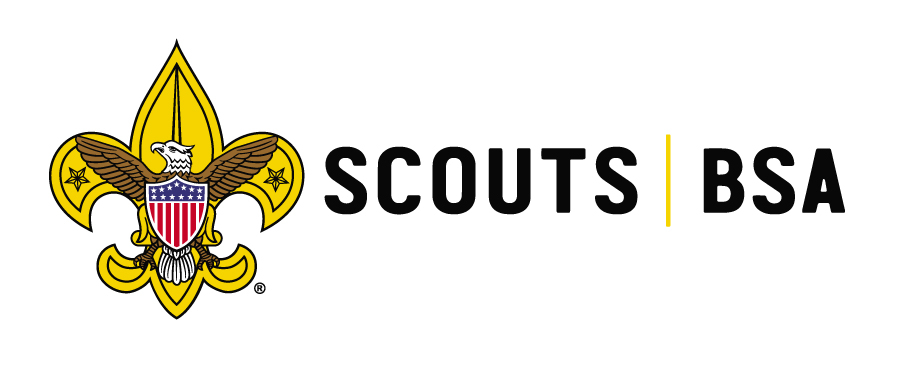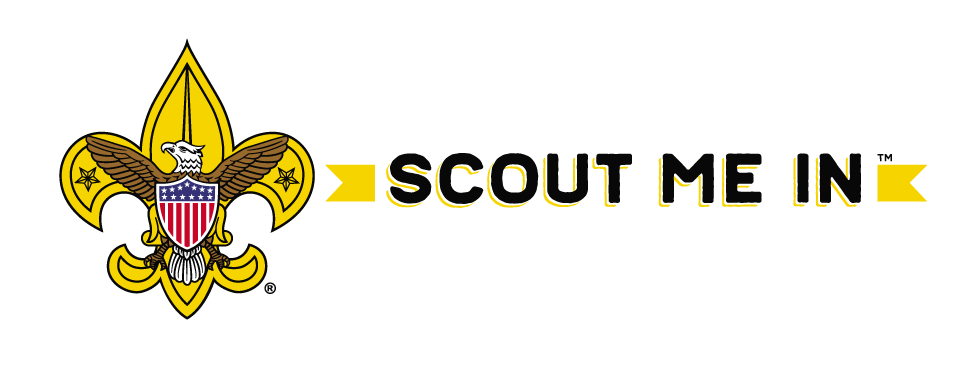Scouts BSA, formerly known as the Boy Scouts of America, is a prominent organization in the United States with a rich history and a significant role in youth development. Established in 1910, the organization has evolved over the years, adapting to changing societal norms and needs. Its primary goal is to provide educational programs for young people to build character, develop personal fitness, and foster citizenship. In its commitment to Diversity, Equity, and Inclusion (DEI), Scouts BSA has made significant strides by establishing separate troops for boys and girls, ensuring that all young people, regardless of gender, have the opportunity to experience the organization’s enriching programs and activities.
History
The inception of Scouts BSA dates back to the early 20th century. Inspired by the scouting movement founded by Lord Baden-Powell in the United Kingdom, American businessman William D. Boyce brought the concept to the U.S. The organization quickly grew, emphasizing outdoor activities, survival skills, and community service, which became its cornerstones.
Throughout its history, Scouts BSA has undergone numerous changes. It has expanded its programs to include different age groups, like Cub Scouts for younger children and Venturing for older teens. Notable historical milestones include the integration of racial and ethnic minorities and, more recently, the inclusion of girls into its programs.
New Safety Requirements
In recent years, Scouts BSA has significantly revamped its safety policies, especially regarding interactions between adults and children. These changes come amidst broader societal awareness of child safety. The organization now mandates stringent background checks for all volunteers, enforces strict youth protection policies, and requires all leaders to complete comprehensive training on child safety. These measures are designed to ensure a safe environment, arguably setting a standard in organizations dealing with children.
The Present
Today, Scouts BSA continues to thrive as a diverse and inclusive organization. It offers a wide range of activities, from traditional camping and hiking to STEM (Science, Technology, Engineering, and Mathematics) and community service projects. The organization also focuses on leadership development, encouraging scouts to undertake roles that build confidence and responsibility.
The Future
Looking forward, Scouts BSA faces both challenges and opportunities. The organization must navigate changing demographics, technological advancements, and evolving social norms. Embracing inclusivity and adapting to the digital age are crucial for its continued relevance. Additionally, expanding its reach to underrepresented communities and updating its programs to reflect contemporary interests and issues will be key to its future success.
Conclusion
Scouts BSA has played a significant role in shaping the lives of millions of young Americans. As it moves forward, the organization’s commitment to adapting while maintaining its core values will be pivotal in its journey to inspire and educate future generations.
For more information on Scouts BSA, the following websites offer extensive details:


